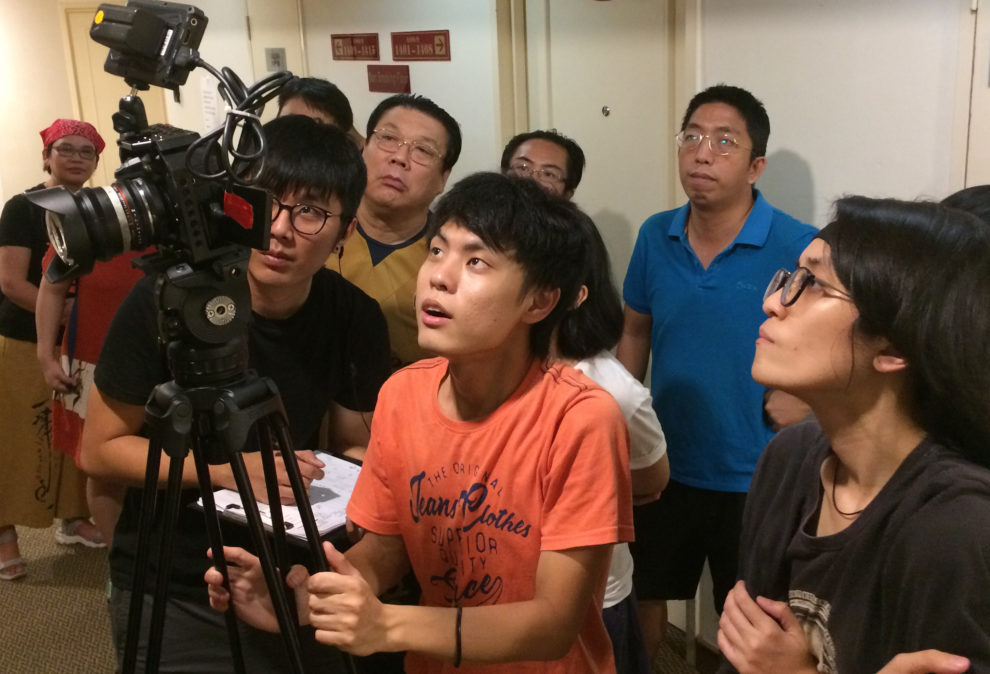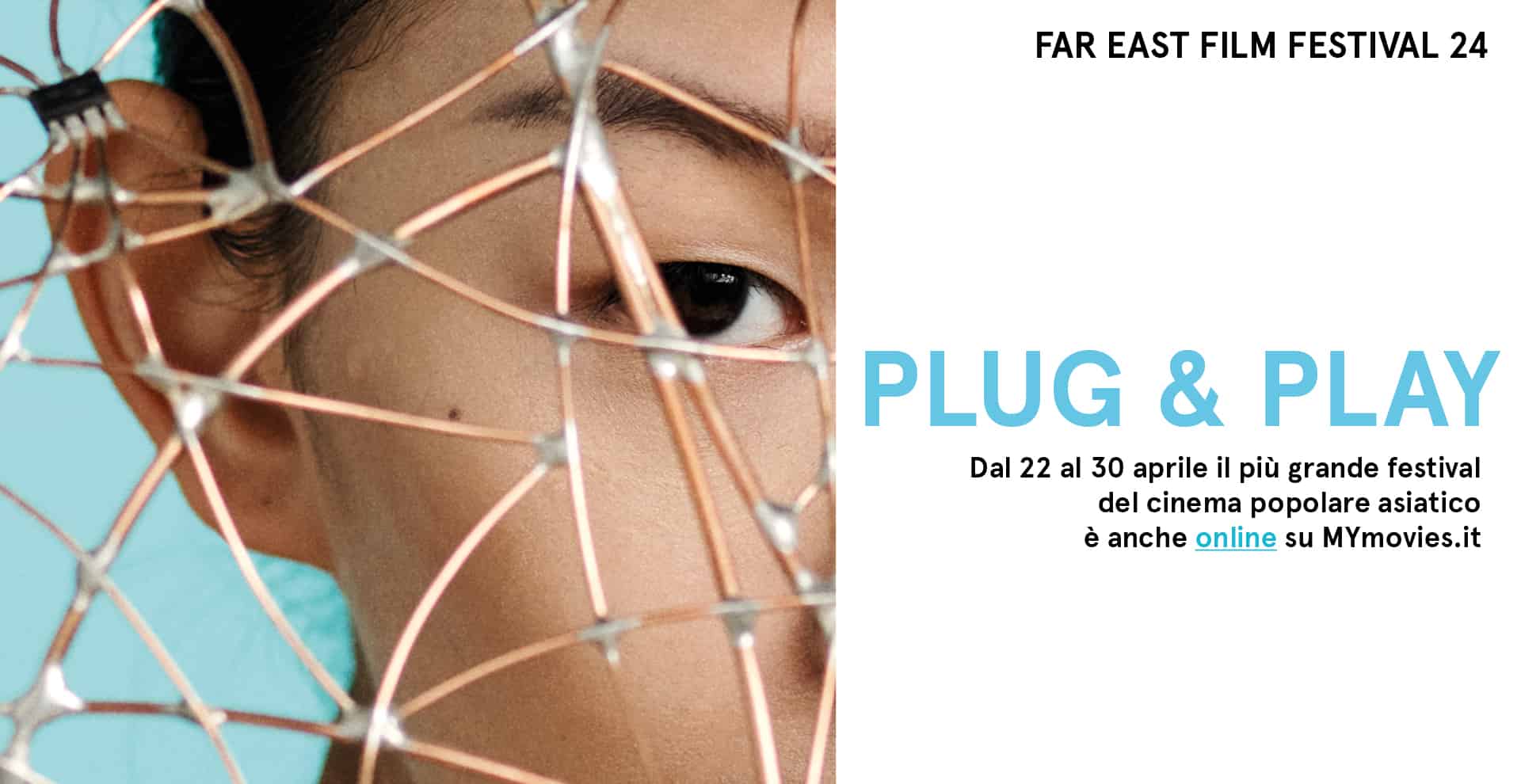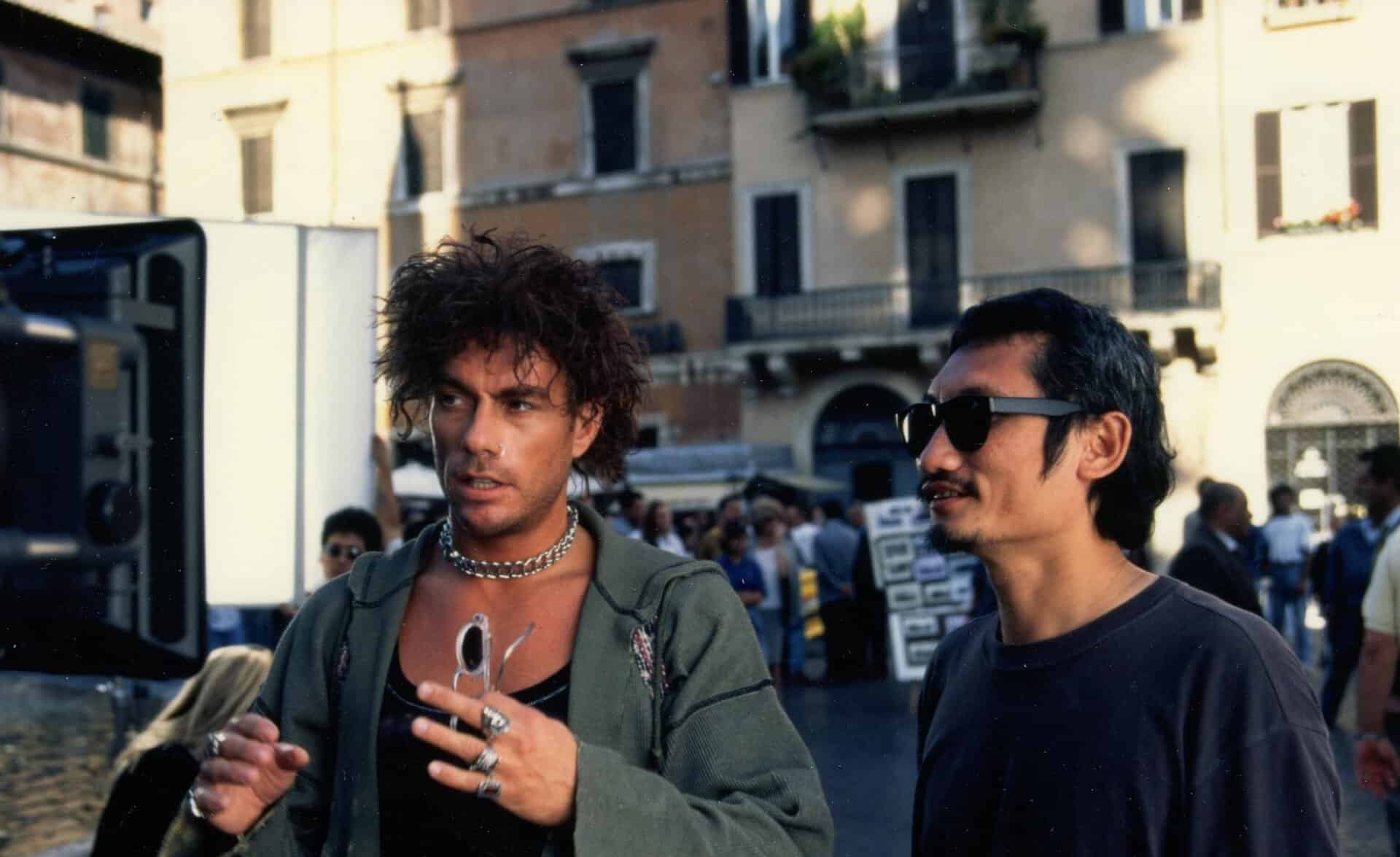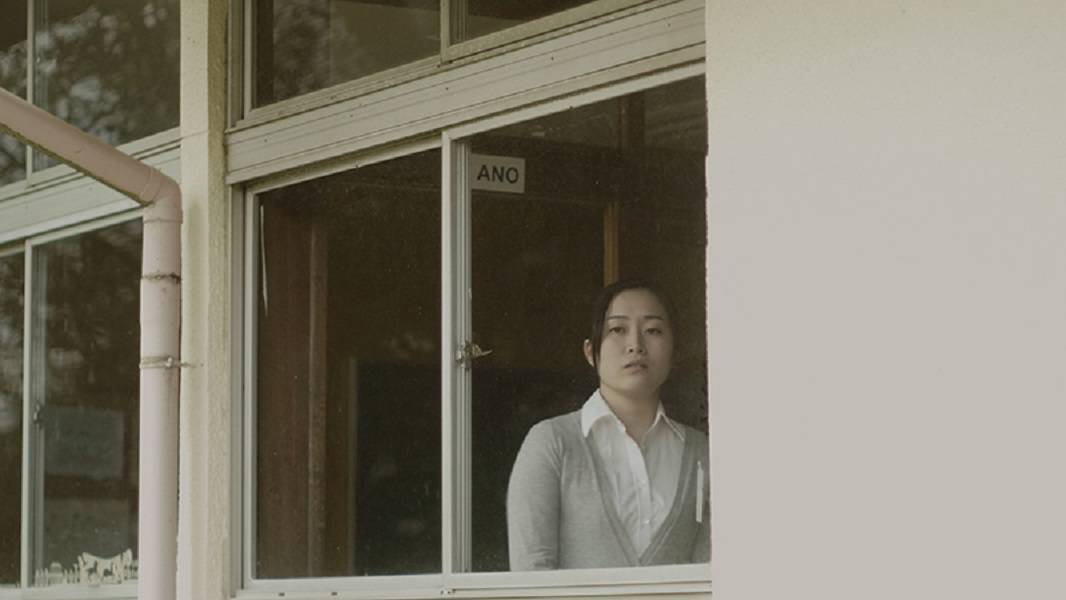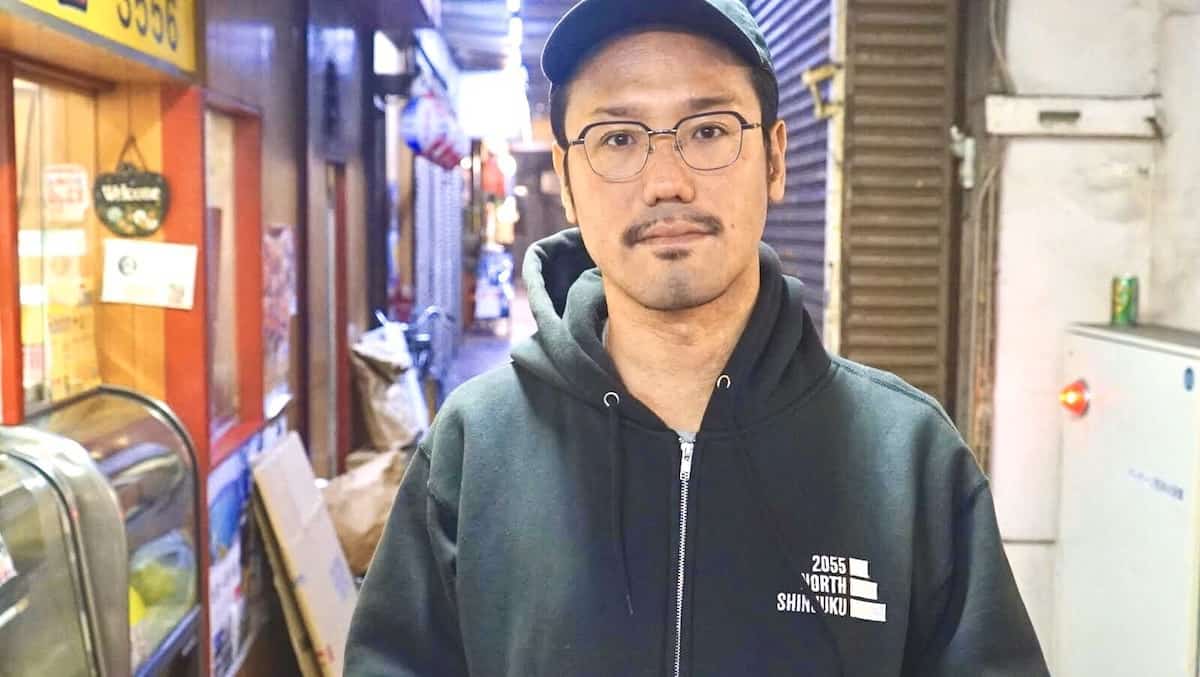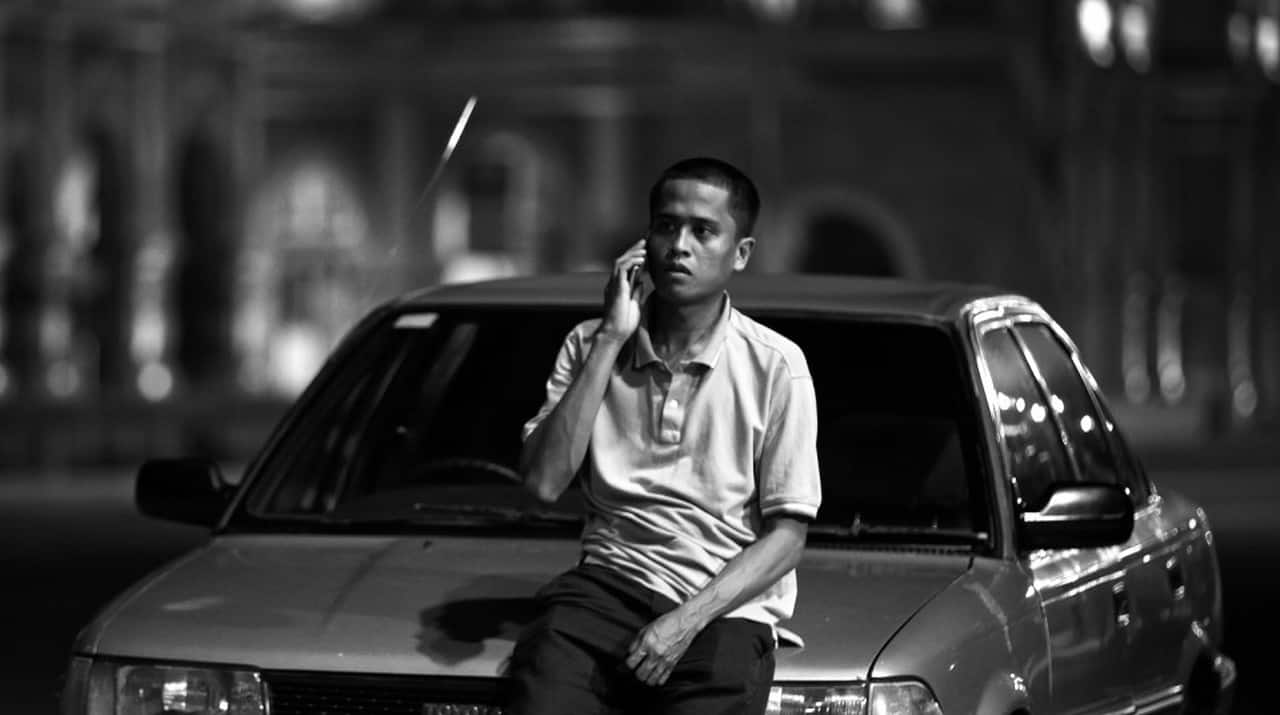Jacky Yeap Swee Leong was born in 1992 in Taiping, Perak. After graduating from University Malaysia Sarawak, majoring in Cinematography, he joined the Malaysian film industry straight away, doing an internship at Da Huang Pictures. Since 2015, he produced the short film “When We are Together” which won the best script and Audience Choice Awards in the 11th Mini Film Festival, and the short film “I Want To Be a Politician” which was nominated as the Top 6 Finalist in the YOUNG MINGS short film screening. Moreover in these yeas he tried different roles in the film industry, from programme manager (like for SeaShorts: Southeast Asian Short Film Festival) to project coordinator; from editing to sound. His style is inspired by several filmmakers from Taiwanese New Wave and Malaysia indie filmmakers such as Hou Hsiao Hsien, Edward Yang, Tsai Ming Liang, Tan Chui Mui, Yasmin Ahmad, James Lee. His debut feature film “Sometime, Sometime” premiered at the 23rd Shanghai International Film Festival in July, where it got a nomination in the Asian New Talent Awards category
On the occasion of “Sometime, Sometime” screening at Five Flavours, we speak with him about playing the 16-yer-old protagonist in his own film, his relationship with filmmaker Tan Chui Mui, his discovery of video making on his cell-phone, the struggle of young Malaysian filmmakers and his future projects.
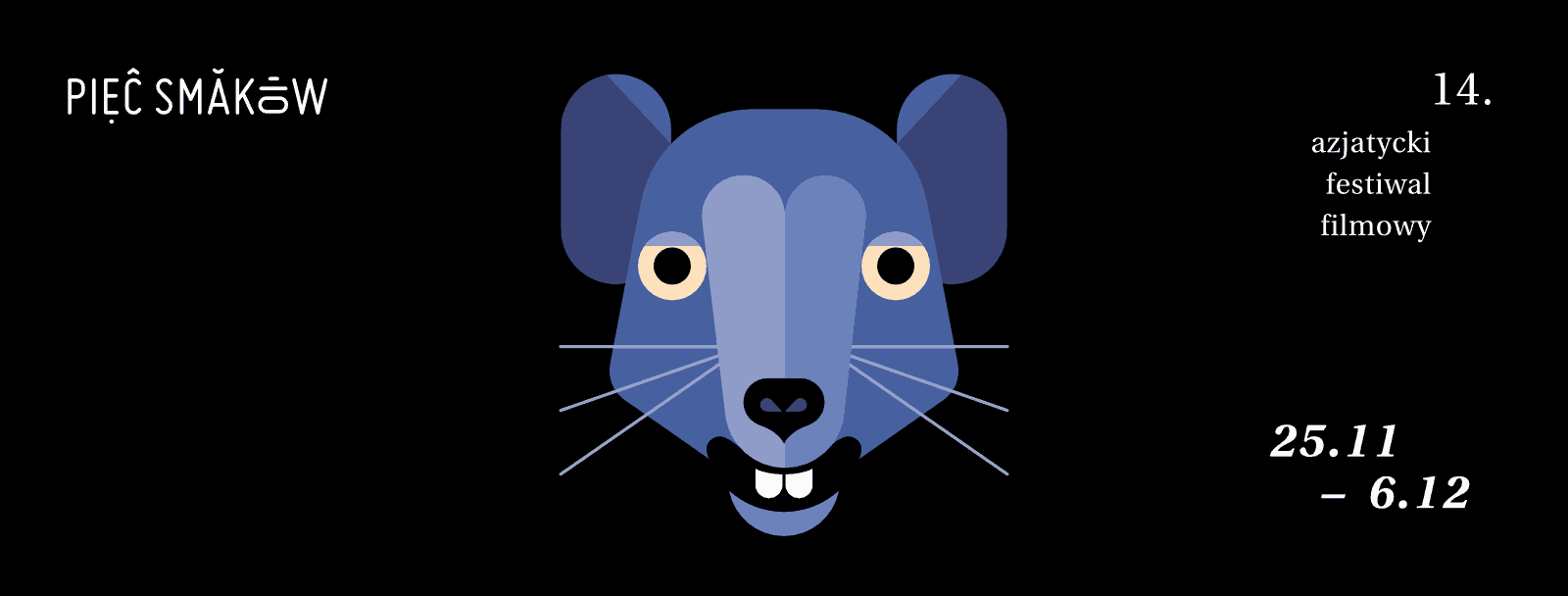
Can you tell us a bit more about the movie and what made you start working on it?
My mum passed away when I was 5-year-old, and I grew up in a “manly” family (not sure how to better describe it), with my father and two brothers. I think, subconsciously, I hope I still had a mother. In 2015, after finishing my major degree in filmmaking at University Malaysia Sarawak, I started an internship at Da Huang Pictures, the company owned by Malaysia independent filmmaker Tan Chui Mui. Working with her for almost 4 years, our relationship became closer and closer, like family instead of boss-and-staff. I think sometimes I fantasize about us being real mother and son. This idea influences me so much that I made my “subconscious” desire of having a mother become “conscious” in real life. I wanted to capture this feeling as soon as possible, because I knew it would disappear growing older or maybe something would happen to shatter this mother-son fantasy relationship since we are not “real” mother and son. In the movie, I wanted to show a lot of daily life instead of using dramatic storytelling because I wanted to be…a bit personal…and also a bit selfish… I wanted to fill up those gaps in my life.
What enabled me to make this movie is also related to Tan Chui Mui. Before making this feature film, I had not much experience in filmmaking, in fact before that, I had just made 3-4 short films which didn't attract much attention. The reason I started making this feature film is because Tan Chui Mui believed I could do it, so I thought…and I thought I could do it without thinking so much. I think it is bit like family dynamics, we don't worry too much about all the decisions or the things we want to do, because when we encounter a problem or an obstacle, our parents are always behind us.
How did you construct so accurately a relationship between a mother and an adolescent son? How much is personal, and what kind of research or preparation went into it?
I did a lot of research and interviews with myself; I am quite aware of my own status, feeling, emotions all the time, in other words I am a bit egocentric, like in “Marriage Story” when Nicole says to Charlie: “You're so merged with your own selfishness that you don't even identify it as selfishness anymore”. So…actually before shooting, I didn't even check if the way I wrote the relationship between mother and son was consistent with other people idea of mother and son or not, but I just followed and believed what happened to me in the past year, before the film. The interaction dynamics between me and Tan Chui Mui was giving me the feeling of mother and son. No matter what, I still needed to create a storyline as a backbone of this movie. As you can see, the story is about the son feeling worried and anxious when he learns his mum has a new boyfriend. He is like a child, very dependent on his mother, always wanting to stick together and when an outsider invades their life, he will look at him as an enemy. I understand this reaction can look weird to older people, and maybe a little bit like Oedipus complex, but I think most of the teenagers go through this before really becoming an adult.
Zi Kien's video-making hobby looks like a teenage pastime at the beginning of the film but it becomes more and more relevant, and in the end it is a concrete, possible future for him. Any personal reference here? What was your first inspiration and approach to filmmaking?
When I was 17 year old, during my high school time (same as Zi Kien), I first explored my Nokia cell phone and discovered it allowed me to video and edit and add music on my videos. It was the first time I used this media and enjoyed very much, but I had no idea making videos can be an occupation. After finishing my A-Level, while searching universities and courses I wanted to pursue, I found a course called Cinematography (actually is not really about cinematography only, but the whole process of making film) at University Malaysia Sarawak, and now I work as filmmaker. Zi Kien is actually me, I am Zi Kien. I put a lot of my past experiences in Zi Kien to form the characteristics and the background for the character; for example the scene where Zi Kien's friend talks about their friend working at Genting Casino as part timer, that really happened in my hometown Taiping and is one of the best options for a part time job while waiting for the exam results, like Zi Kien.
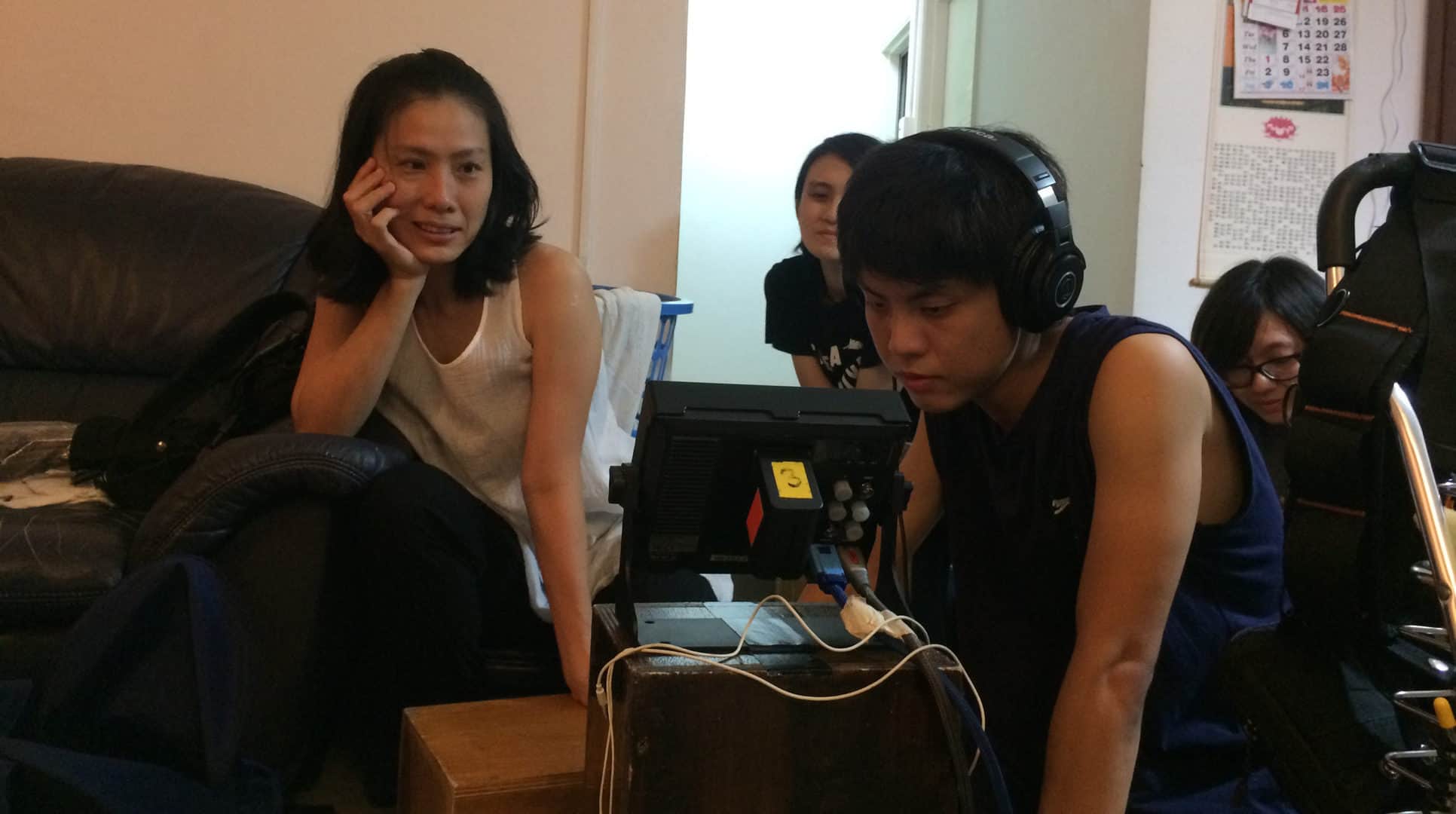
Can you talk about your choice to play the part of the protagonist alongside the wonderful Tan Chui Mui and what was her input in your work?
The whole idea of mother and son interaction came from the daily life of me and Tan Chui Mui, like going to the supermarket, buying grocery, cooking, learning to drive a car, etc. Based on this experience, I thought, if me and Tan Chui Mui played the roles, it would be more accurate and closer to my idea of the film. Sometimes, it was more a documentary then a drama for me, so when I shot, I couldn't really think rationally whether the acting was correct for the character or if I was acting as in real life. On the other hand, Tan Chui Mui put her own inputs, based on her understanding of the mother character I wrote, and created the look of this single mother. She didn't want the character in the movie being the same as her in real life. Real Tan Chui Mui is strong, vigorous and has an aura, but in the movie, she looks gentle and a little bit fragile which suits with more the single mother character I wrote. Movies are movies, when I wanted her to be as in real life, she would discuss with me in order to focus on the character of the single mother instead of Tan Chui Mui herself. This decision impacted the other characters who interact with her in the movie, in a way enriching them too.
You seem to have explored several aspects of filmmaking. What is the one you feel more comfortable with? And where do you see yourself in the future?
I think independent filmmaking and low budget productions quite suit me. Making “Sometime, sometime” we had zero risks, as funding was coming from Purin Pictures from Thailand and FINAS Malaysia. They didn't limit our creativity and gave us much freedom. This is something important for me now, because I think films should not be limited, we should be able to explore more in different ways, we need freedom to try and error in order to push films to the next level.
Since this is low budget movie, our team and scale needed to be kept small, so everyone actually needed to multitask. Sometimes it looks like you are working harder and need to put more time into work, but because of this, everyone gets to know each other very well and it becomes like a group of friends instead of colleagues. I love working with friends, everyone there was working for the film instead of working for money. I love working with someone who's just started making film, with not much experience, so we can grow together, and become better in the future.
But in the future, if I have a chance, I do want to try commercial movies. Because form me it's a new way of filmmaking which I have never tried, but yet, I will be still involve in independent filmmaking.
How easy or difficult was your personal journey to become a filmmaker in Malaysia? I mean from family support to structures, schools and in general the Malaysian industry.
My family doesn't comment about what I am doing now, so I guess I can take it as they are supporting me, haha. In Malaysia, government's universities like Malaysia Sarawak have filmmaking courses. Besides that, there are also lots of private colleges which provide cinematography courses. I think the challenging part for me was when I graduated and jumped straight into Malaysian film industry. Malaysia is not like China, Hong Kong, Taiwan, and other places where films are seen as an important art with a cultural value. So films in Malaysia are not so important for everyone. In this situation we haven't got many opportunities to make films, but we can easily make TV drama, TV show, etc. If we are not facilitated in making films, how can our film industry grow? How can our filmmakers improve their skill without direct experience? So the hardest part for me is how to find opportunities to make films when you are young, when you still have lots of energy, when you are still very passionate.
Are there any project(s) you are working on at the moment? If so, can you please tell us a bit more about it?
Currently, I am wearing the hat of a producer and searching for funds for two filmmakers, Lim Han Loong and Isyraqi Yahya, who want to direct their first feature films. Lim's work centres on family drama and deals with death, while Isyraqi's film explores the idea of narcissism. Actually I am not really a producer, but while making my own feature film, I learn a little bit how to produce, so I think I can try and, as I said, let's grow together. The decision of working as a producer comes from watching my mentor Tan Chui Mui helping many young Malaysian filmmakers to grow. Making movies in Malaysia is very hard, and it's even harder for young filmmakers, so I think I can use my little experience as a producer to help my friends pursuing their dream.


